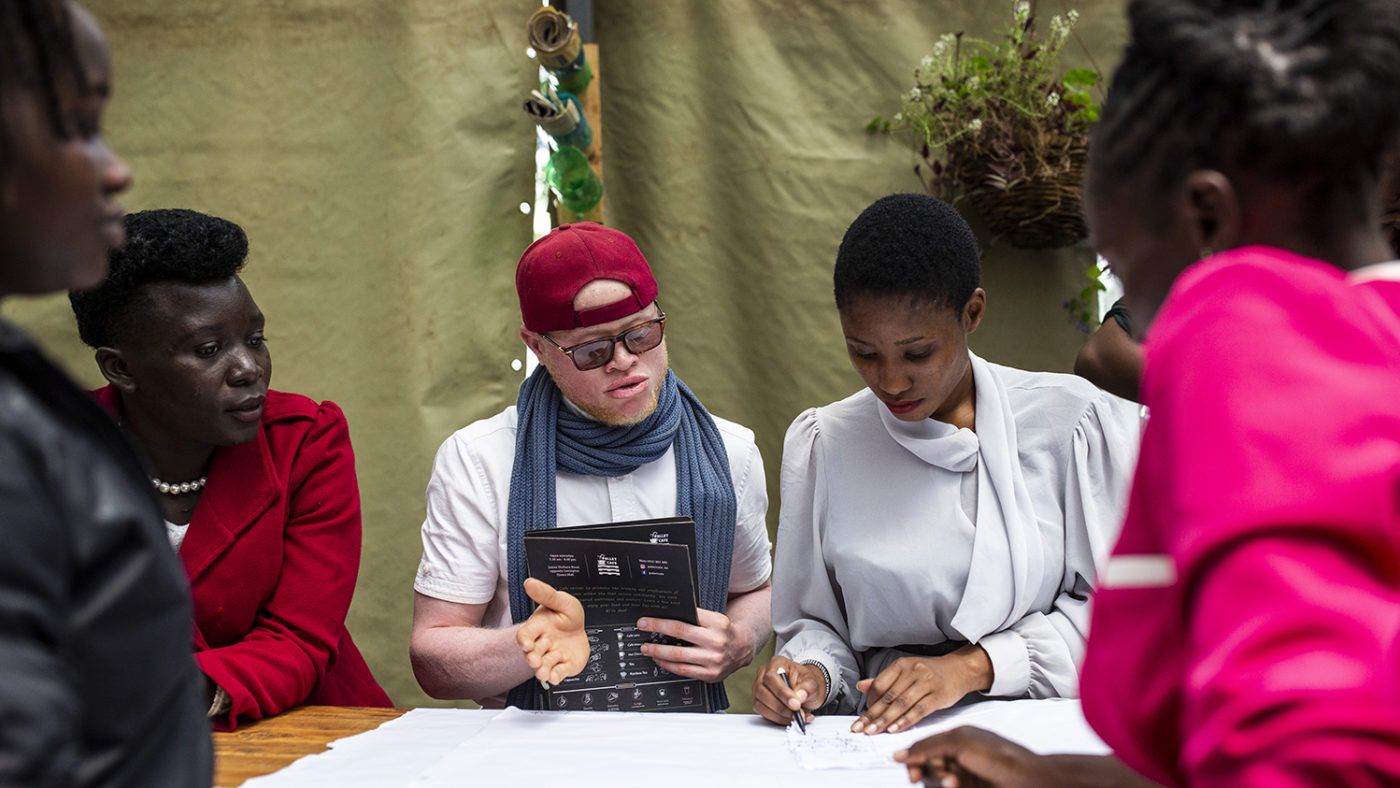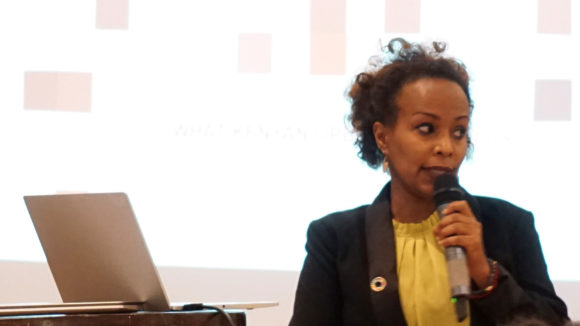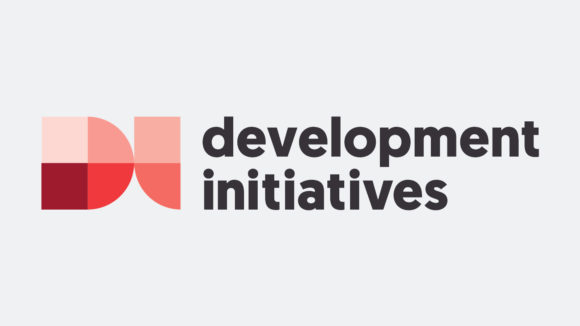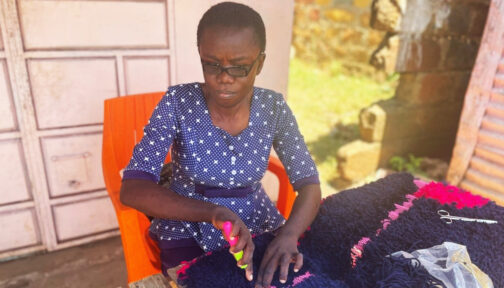
Inclusive Futures partner Development Initiatives shares its learnings from training organisations of people with disabilities on how to better collect, store and use data.
High-quality data is key to understanding the barriers faced by people with disabilities and improving their access to services.
For example, only people that are registered as having a disability can access government support and public services. Meanwhile governments rely on data showing the prevalence of disability to budget for and finance programmes and services.
When data is accessible and used effectively, it can help communities and their advocates, policymakers and government officials prioritise actions that address barriers and promote equitable access to opportunity – including in employment.
Through Inclusive Futures, we looked at what data on disability was currently available, who was producing it, where it was being stored and who was using it – giving us a more complete picture of the data and how it could be improved. As a result of this process, we identified organisations of people with disabilities (OPDs) as key holders and users of disability data.
Here are some of the learnings we took from training OPDs on data literacy.

Author
Martha Bekele is lead analyst for East Africa at Development Initiatives.
Ask, don’t assume
Initially, we worked with national OPDs to assess their understanding of data and how training in this area could support their work in advocating for the rights of people with disabilities.
Through carrying out surveys and interviews, we found there was a huge gap in data literacy among OPDs in Kenya and Uganda. In particular, we identified local, grassroots OPDs that faced challenges in collecting, processing and managing data and did not have access to regular training opportunities. We realised that any training we offered needed to cover the entire data value chain.
Four training modules
As a result, we developed data training modules covering four areas: types of data and sources, tools training (including using Excel), data storage and sharing, and data standards and harmonisation (making data more comparable, consistent and coherent). We delivered training to grassroots OPDs at a district level in Uganda, national OPDs in Kenya and to field officers and civil servants working for the Kenyan government’s State Department for Social Protection.
Challenges
As a result of COVID-19, some of the training sessions had to be delivered online or under strict social distancing measures. This created difficulties in delivering the training where there wasn’t a stable internet connection or where areas of the training required close face-to-face interaction and guidance.
We also found that levels of understanding on data varied between organisations and the length of the course needed to be tailored to meet the needs of different organisations and different disabilities.
Ensuring tools stay within communities
One of our main goals was to ensure that the training resources and materials, which covered topics on handling data and data analysis, were made available and could continue to be used by the organisations to train staff internally or pass on their knowledge to other grassroots OPDs.
Through our work, we learned that OPDs wanted to understand how people might be excluded through their own data collection. In response, we developed a training module on how to use free online tools for community-generated data collection.
Occupying the policy space
Through Inclusive Futures, we worked directly with the Kenyan government and other organisations to support the adoption of its Inclusive Data Charter Action Plan (2021-2025). We are now supporting the Kenyan government to put this plan into action.
Watch the video
Hear from Alice Nandudu from Mbale District Union of Persons with Disability, Uganda, as she explains the positive impact of the data literacy training sessions for OPDs.

Open-source knowledge
All the training modules created by Development Initiatives are currently being transferred to the International Disability Alliance’s online training platform.
The training course will be available for free to everyone.
“We learned that OPDs wanted to understand how people might be excluded through their data collection.”
More news and opinions

Global Disability Summit 2025: Closing the gap between disability inclusion and development
Inclusive Futures is attending the summit in Berlin on 2-3 April. Visit our booth or attend our panel event to connect with us and learn more about our programme insights.

Sense International wins prestigious Zero Project award for its work with entrepreneurs with disabilities
Sense International has won a 2025 Zero Project Award for empowering individuals with deafblindness and complex disabilities in Kenya to build successful businesses and achieve financial independence.

Driving change: launching the six principles for inclusive development
Inclusive Futures and the UK Foreign, Commonwealth & Development Office marked International Day of People with Disabilities by jointly hosting an event to launch the six principles for inclusive development.
